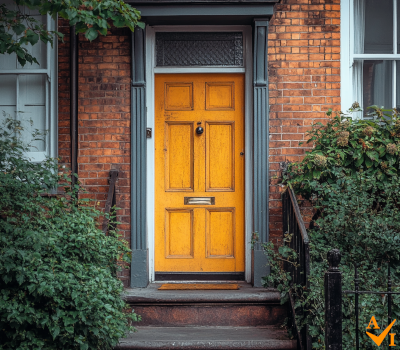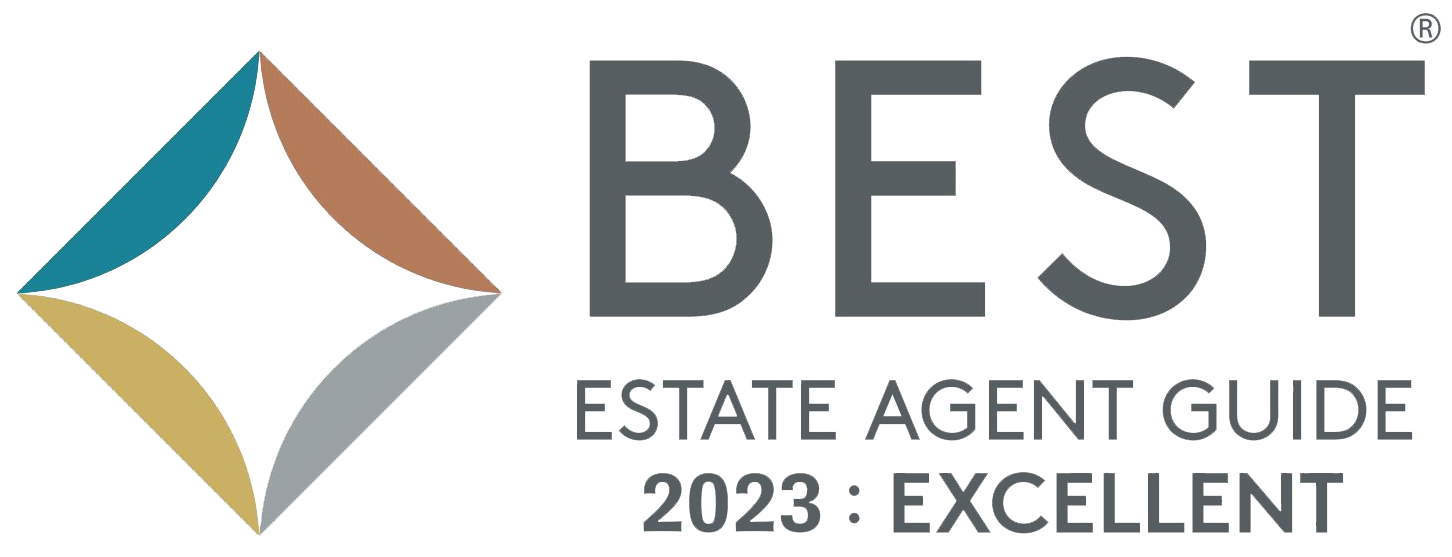Firstly, take a good, hard look at your financial readiness. This means checking your credit score, examining your debt-to-income ratio, and ensuring you've got a healthy savings pot for a down payment and other costs.
Next, prepare for a higher down payment. Lenders often require a larger initial payment for second homes, usually between 20% to 30%. Saving this amount can unlock more favourable mortgage terms and rates.
Don't forget to research your mortgage options. Interest rates for second homes can be slightly higher than for primary residences, so it pays to shop around for the best deal.
If you're considering renting out your second home, think about the potential rental income. But tread carefully, as lenders may have stringent rules about rental properties.
Beyond the mortgage, remember to budget for additional expenses. This includes property taxes, insurance, maintenance, and potential homeowners association fees.
It's also wise to explore the tax implications of owning a second home. A tax advisor can help you understand potential deductions for mortgage interest and property taxes, as well as the implications if you rent out the property.
Keep your future plans in mind. Whether your second home is an investment or part of your retirement plan, it should align with your long-term financial goals.
Lastly, don't overextend yourself. Make sure that owning a second home won't jeopardise your other financial commitments and savings goals.
Financing a second home requires careful planning and consideration. By thoroughly assessing your finances and exploring the right mortgage options, you can make your dream of owning a second home a reality. Remember, a second home isn't just a purchase; it's an investment in your lifestyle and future. So, tread carefully, plan wisely, and let your second home be a source of joy and financial growth.











